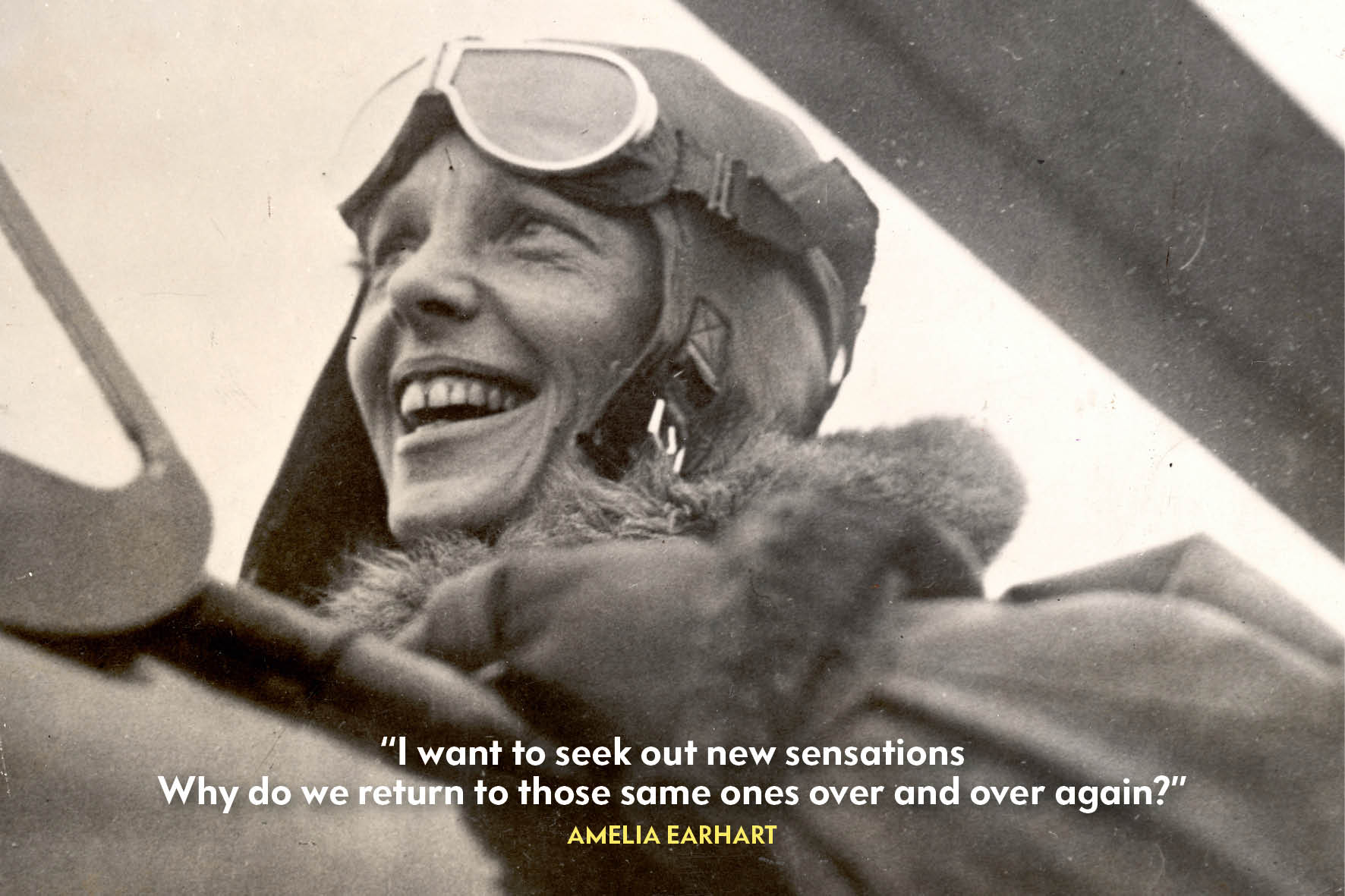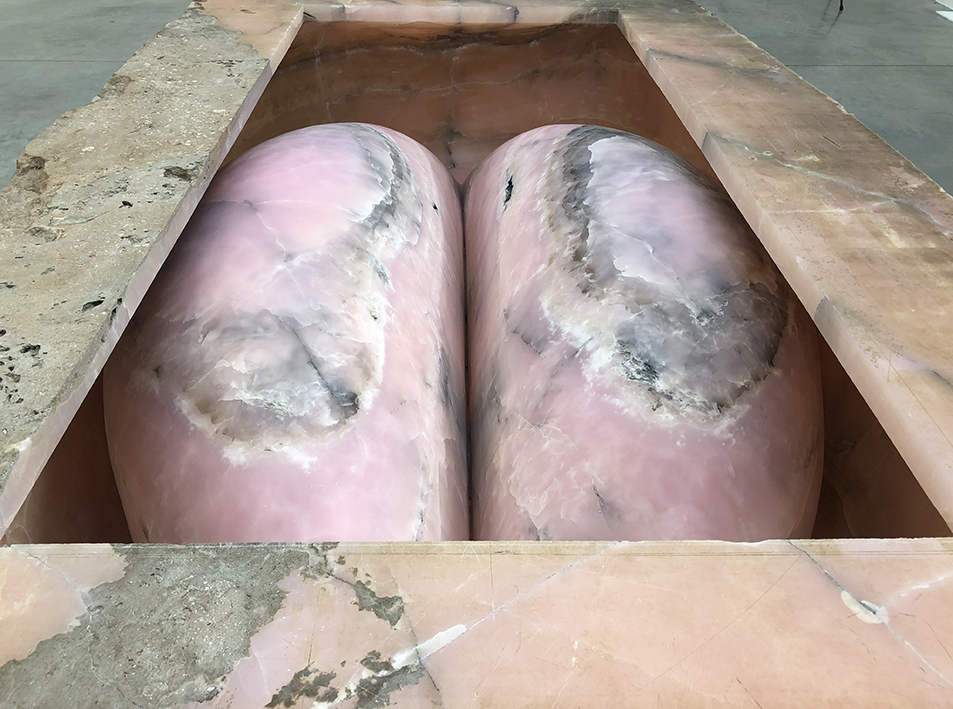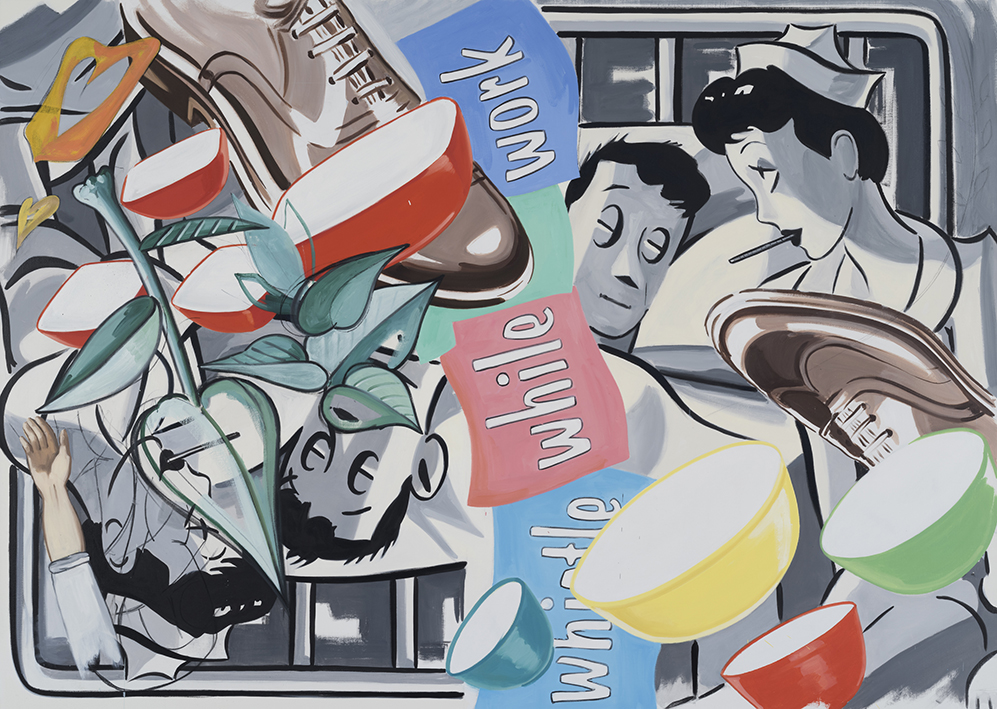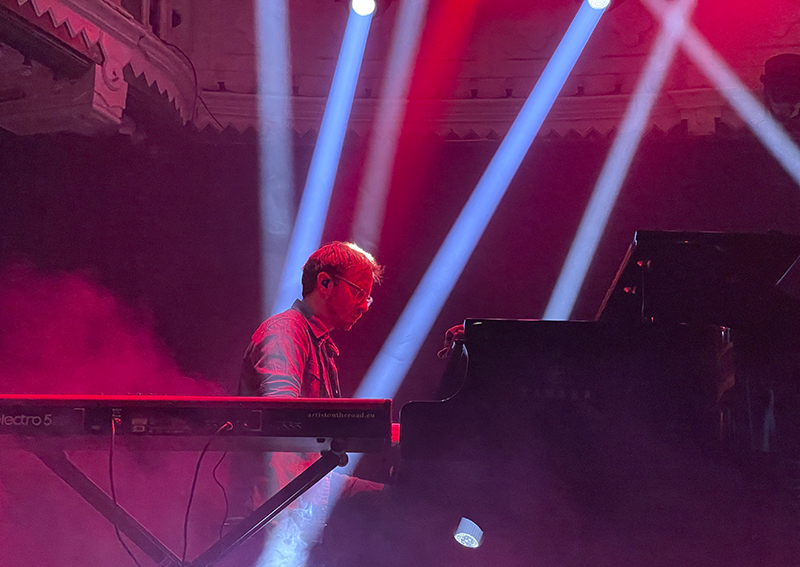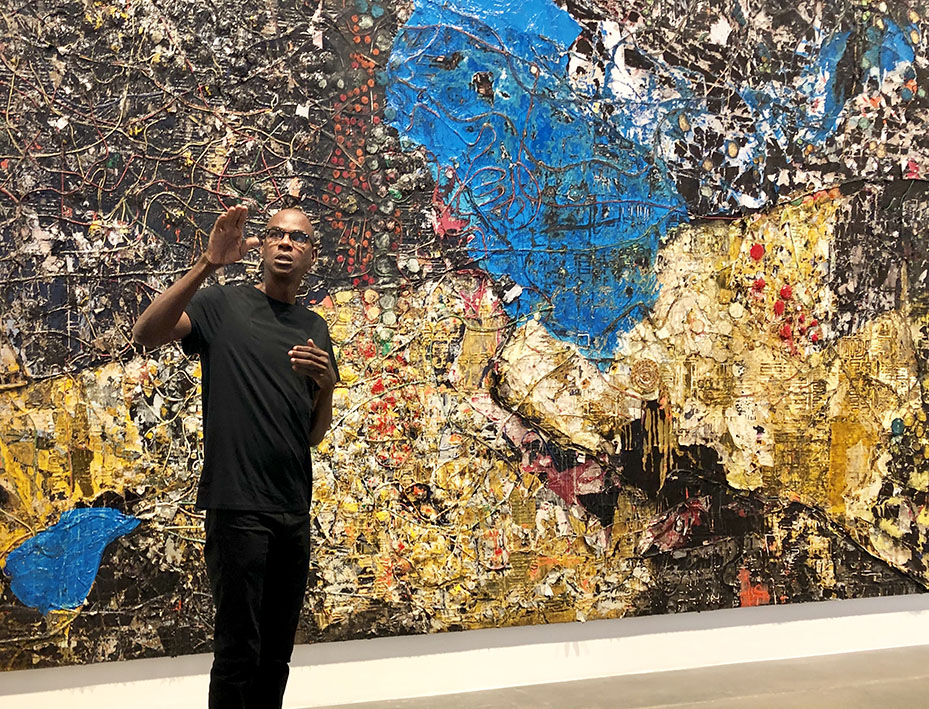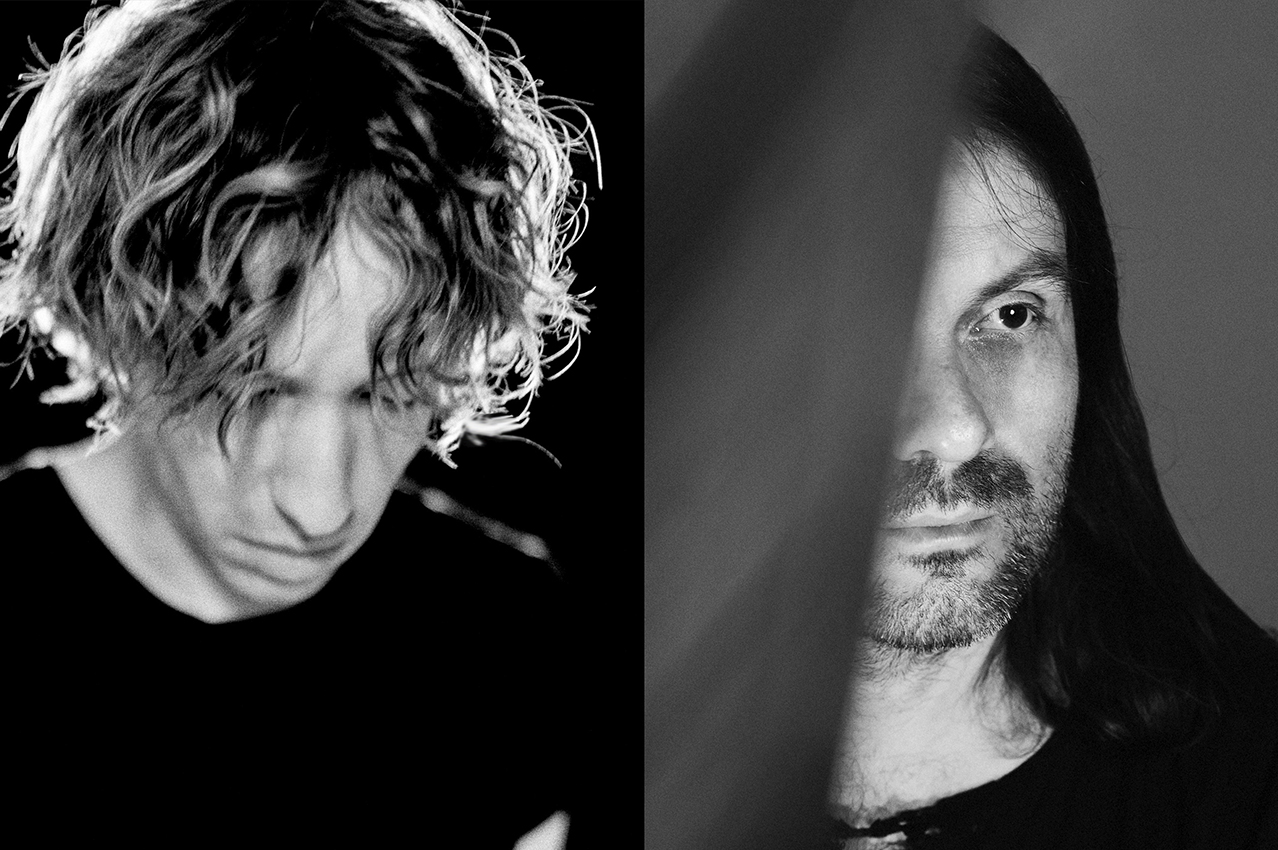 In my research for this article on ‘The Exhibition’ by David Cronenberg, which is hosted by the EYE film museum in Amsterdam, I surfed the Internet to find out which of the Canadian Director’s film characters would feature on a best list of Character Transformations.
In my research for this article on ‘The Exhibition’ by David Cronenberg, which is hosted by the EYE film museum in Amsterdam, I surfed the Internet to find out which of the Canadian Director’s film characters would feature on a best list of Character Transformations.
I googled ’10-Best-Character-Transformations-Movies’ to discover that none of his characters featured on any list. Three characters played by Edward Norton – rightly so – were included on several lists: Derek Vinyard of ‘American History X’, The Narrator of ‘Fight Club’ and ‘Aaron’ in ‘Primal Fear’. Roger ‘Verbal’ Kint (Kevin Spacey), the cunning character from the ‘The Usual Suspects’, is also mentioned.
I suspect Mr Cronenberg is not going to lose any sleep over it, but his characters should be considered as they experience the most bizarre forms of transformation or search for identity. Some of them suffer from severe and horrific diseases, mutilations, mutations and parasitism. For example, Seth Brundle (Jeff Goldblum) in ‘The Fly’ who turns into a human fly, or Max Renn (James Woods) who experiences the fusion of his body with a machine in ‘Videodrome’. Tom Stall (Viggo Mortensen) in ‘A History of Violence’ is considered to be a model citizen for his community, but who turns out to have a former life as a hit man.
One could argue that my search parameters were incorrect as Mr. Cronenberg’s films are qualified in the genre of ‘Body Horror’, which means his characters are more likely to feature on a best list related to that genre. Cronenberg has, indeed, created the most unnerving body horror moments in the history of the genre with cutting edge special effects, but his films are, most of all, to me, good stories about character transformation. Through his work, he makes intelligent observations and comments about the relationship between mind, body, technology and mass media.
‘The Exhibition’ exhibits an extensive collection of eccentric props, original costumes and detailed sketches from Cronenberg’s films. Here is a selection from the collection that provide a deeper understanding into the creation of the most wondrous physical and psychological transformations of characters in the history of film.
 ‘Scanners’
‘Scanners’
As soon as you enter the exhibition space you hear shouting and screaming from film scenes being played in loops. One of the loops is of an audience in panic as they witness the explosion of a head.
It’s the renowned scene from ‘Scanners’. Darrel Revok is a ‘scanner’ who uses his telepathic abilities for evil purposes and, in a scanning demonstration, he makes the head of another scanner explode. The scanning duel is played terrifically by the ‘evil scanner’, Michael Ironside, who asks, when he accepts to participate in the demonstration, if he has to close his eyes. He begins to concentrate and seems to enjoy the state in which he finds himself. Then Revok intensifies his concentration and starts to clench his teeth, purse his lips whilst channelling an immense pressure from his brain to the other scanner, who is played by Louis del Grande. The victim’s head begins to twitch, the muscles in his neck and arms start to tense as he tries to resist, his face becomes red from the intense pressure on his brain until, ultimately, his head explodes.
It is ‘hardcore’ Cronenberg in his penchant for creating images that are gruesome, disgusting but, at the same time, fascinating and funny to watch. Or, as Ed Harris commented in the making of a deleted scene in ‘A History of Violence’ where his character was blown away by a gun: “I don’t get off on that stuff like David does like the guts and the gore, the prosthetics. but I enjoy his enjoyment of it”.
 ‘Crash’, Gabrielle’s costume
‘Crash’, Gabrielle’s costume
Also enjoyable is the scene of Gabrielle (Rosanna Arquette) visiting a car showroom. After she humped a black convertible Mercedes, she tries to position herself in the driver’s seat but a hook from her leg brace becomes caught in the leather seat. As the dealer tries to help free her, the seat tears. “Oh shit, this is bad, this is really bad”, the dealer swears.
 Videodrome, The accumicon helmet
Videodrome, The accumicon helmet
The ideas that Cronenberg presents in the film are visionary in addressing the negative effects of mass media on humanity, and how the body can be affected by technology. It also highlights how fast technology has developed since 1983 (when the film was released) as we no longer watch films at home via a video cassette but via streaming. Our memory of the video cassette won’t be erased, though, due to the arresting scene in which Max Renn inserts a video into a hole of his stomach.
Shown here is the helmet that Renn wears in the film to record his hallucinations.
 ‘Eastern Promises’, The kit used to tattoo Nikolai Luzhin
‘Eastern Promises’, The kit used to tattoo Nikolai Luzhin
For the story on the dialect coach, Andrew Jack (200% #2), I visited him working on the set of ‘Eastern Promises’. Jack coached Viggo Mortensen how to speak English with a Russian accent for the actor’s role as Nikolai Luzhin, a Russian gangster. I witnessed the filming of a scene in the cellar of a Trans-Siberian Restaurant where Nikolai tells Kirill that his father, Semyon, has offered him stars (tattoo’s that are worn by the members by the Vory V Zakone clan) that he has accepted.
Later, when I interviewed Mortensen on his collaboration with Jack, he told me that, in preparation for his role, he had undertaken some of his own research by travelling in Russia for a few weeks. His research into the tattooing practice of the Vory clan was incorporated into the film’s screenplay. A detective says in the film: “In Russian prisons, your life story in written on your body, in tattoo’s. You don’t have tattoo’s you don’t exist.” The members of the Vory clan have stars tattooed on each knee and two eight-pointed stars on their chest.
Elliot Mantle: “Bev this is not for internals remember? This is not for surgical retraction. No wonder it hurt her.”
Beverly Mantle: “No, no there is nothing the matter with the instruments. It’s the body. The woman’s body was all wrong!”
 It’s a dialogue between the identical twin gynaecologists, Beverly and Elliot Mantle, where the latter instructs his brother not to use the solid gold Mantle retractor on the female body orifice. In the next scene, Beverly, who has clinical depression and suffers from paranoid delusions, commissions an artist to build a series of gynaecological instruments for operating on mutant women.
It’s a dialogue between the identical twin gynaecologists, Beverly and Elliot Mantle, where the latter instructs his brother not to use the solid gold Mantle retractor on the female body orifice. In the next scene, Beverly, who has clinical depression and suffers from paranoid delusions, commissions an artist to build a series of gynaecological instruments for operating on mutant women.
On the DVD Extras of ‘Dead Ringers’, it is explained that the filmmakers researched medical and dental instruments in planning the design of Beverly Mantle’s surgical instruments. They discovered asimilarity between medical tools and medieval torture instruments. The final instruments, made from nickel plated brass, were manufactured by a jeweller in Toronto.
Some of the gynaecological instruments, with their sharp hooks, are reminiscent of instruments employed by dentists whose territory is another of the body’s external orifices, the mouth.
Beverly Mantle’s instruments are definitely the most cruel and horrific props displayed in the exhibition.
Design: Peter Grundy and Alicia Keywan. Maker: David Dyder
 ‘eXistenZ’, Bio-Port pistol
‘eXistenZ’, Bio-Port pistol
The adjacent vitrine displays the device used to create another body orifice in the spine in order to install a ‘bio port’ in which umbilical cords are attached to game pods. The device resembles a tool a car mechanic would use and the place where one of the character’s port is installed happens to be at the rear of a gas station.
 ‘eXistenz’, Gristle Gun
‘eXistenz’, Gristle Gun
Also, on display is the Gristle Gun from the film.
The card reads: “A pistol made of bone and gristle, almost like the half-decayed body of a small mammal whose snout is the barrel and whose rigid hind leg is the trigger”. It transpires that, instead of bullets, the gun shoots human teeth. Teeth as ammunition: Italian football player, Giorgio Chiellini, experienced how lethal they are when he was bitten in the neck by Louis Suarez at the World Cup.
First prop: ‘Dead Ringers’, Mantle tool, Hook device with moveable joints and wires
Written by Thierry Somers
David Cronenberg, ‘The Exhibition’, until 14 September 2014 at Eye Amsterdam.


